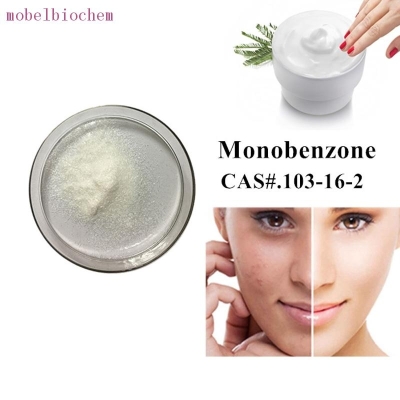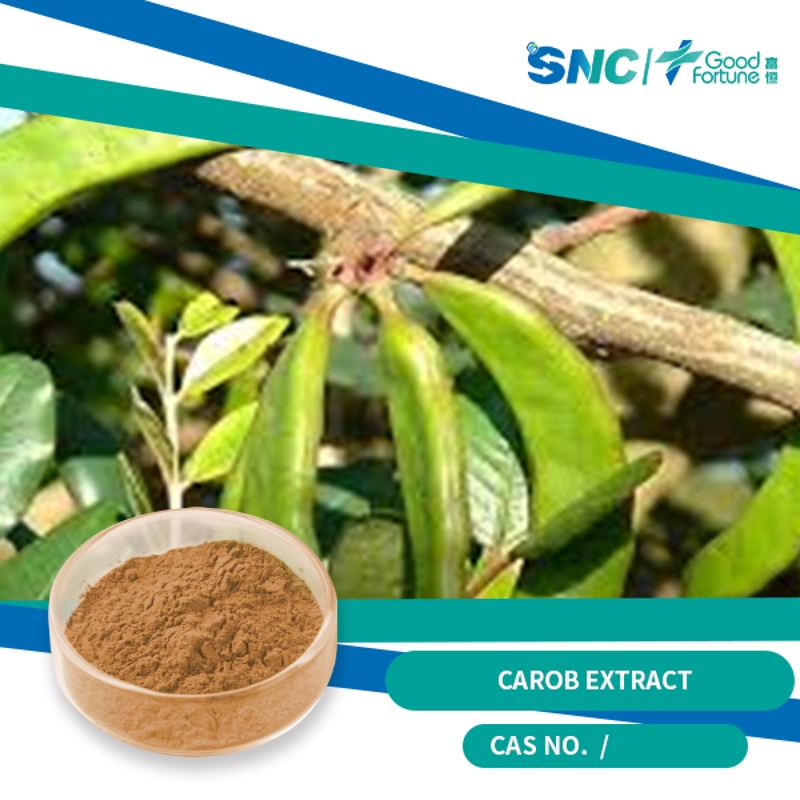Fighter in vegetables: broccoli extract improves autism symptoms
-
Last Update: 2014-10-28
-
Source: Internet
-
Author: User
Search more information of high quality chemicals, good prices and reliable suppliers, visit
www.echemi.com
Previous studies have shown that sulforaphane, an extract of broccoli, can reduce the incidence of skin cancer and lung cancer, and prevent colon cancer Recently, the success of drinking broccoli vegetable juice every day to fight bladder cancer caused a stir in Britain, and the claim that broccoli is good for human body has been affirmed again Although broccoli is effective in treating cancer, there are few studies on autism At the same time, in view of broccoli does not lose the anti-cancer status of tea eggs, so the autistic scholars have said, hugging the thigh Sulforaphane, a compound found in broccoli shoots, may improve the core symptoms of autism spectrum disorder (ASD), according to a study published online October 13 in proceedings of the National Academy of Sciences Researchers have encountered transient fever and hyperactivity reduction in children with ASD in the outpatient department This reaction is similar to that of sulforaphane As a result, the researchers speculated whether the compound could also improve ASD symptoms The study was conducted by Dr kanwaljit Singh and others from the University of Marseille School of medicine 40 patients with moderate to severe ASD aged 13-27 years were treated for 18 weeks Among them, 26 were randomly assigned to receive 50-150 μ mol of broccoli sulforaphane and 14 received placebo The following scales were used to assess the patients at baseline, at the 4th, 10th, 18th and 4th week of follow-up, including social response scale (SRS), abnormal behavior scale (ABC) and total clinical efficacy Improvement Scale (CGI-I) The results showed that 46% and 42% of the patients had significant improvement in social ability and speech communication; as of the 18th week, the minimum improvement rate in placebo group was less than 3.3%; ABC score in intervention group decreased by 34%, which showed improvement in hyperactivity, irritability, burnout and stereotyped behavior; SRS score decreased by 17%, which showed improvement in consciousness, communication, enthusiasm and quirks; CGI-I in intervention group The score decreased, which was manifested in the improvement of social interaction, abnormal behavior and speech communication However, after discontinuation of sulforaphane treatment, all scores returned to pre-treatment levels Although the treatment was considered safe and well tolerated, the study found that patients in the intervention group gained significantly more weight than those in the placebo group (4.31 pounds vs 0.31 pounds), and both groups had vomiting, aggressive increase, headache and abdominal pain related to the treatment In addition, two patients with convulsion history in the intervention group also had a single spontaneous convulsion Although autistic patients are more likely to have epilepsy, the possibility that sulforaphane may cause side effects of epilepsy cannot be ruled out Dr Paul Wang, director of medical research at Autism Speaks, said in a notice on the website that although it was a small pilot study, I was really surprised to learn that broccoli can also help treat autism We hope that researchers can continue to carry out this research to fundamentally solve the symptoms and potential safety problems of people with autism This is just a preliminary trial, not to say that if autistic people start eating broccoli, they will have the same improvement in symptoms And in the daily diet, the sulforaphane in broccoli sprouts did not reach the level of dietary supplements used in the study Therefore, a large number of repeated studies are needed In the future, it may be possible to develop a drug for ASD based on broccoli It is too early to tell doctors to prescribe broccoli for patients However, the improvement of symptoms of ASD patients by sulforaphane is still obvious Therefore, sulforaphane treatment of ASD has a good research prospect.
This article is an English version of an article which is originally in the Chinese language on echemi.com and is provided for information purposes only.
This website makes no representation or warranty of any kind, either expressed or implied, as to the accuracy, completeness ownership or reliability of
the article or any translations thereof. If you have any concerns or complaints relating to the article, please send an email, providing a detailed
description of the concern or complaint, to
service@echemi.com. A staff member will contact you within 5 working days. Once verified, infringing content
will be removed immediately.







